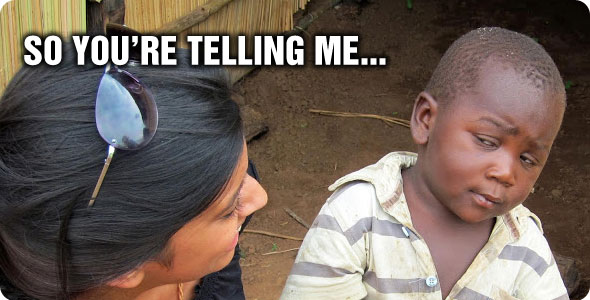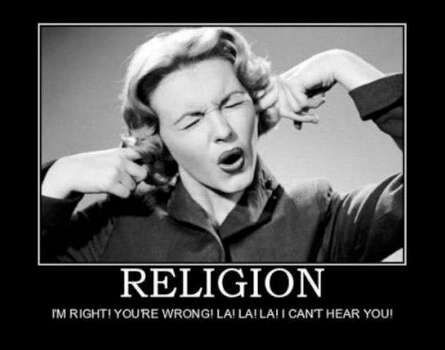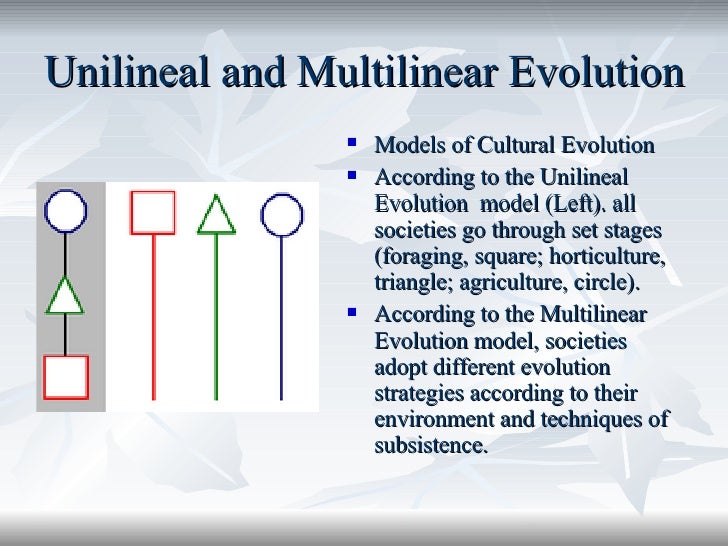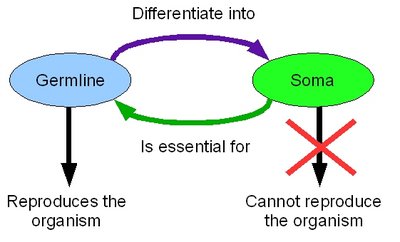 One reason I have given for anthropologists rejecting evolutionary theory is that they regard
evolutionists as alien invaders - to be rejected with a kind of immune response.
One reason I have given for anthropologists rejecting evolutionary theory is that they regard
evolutionists as alien invaders - to be rejected with a kind of immune response.The same theory suggests that evolutionary biologists should be meme enthusiasts: proponents of expanding evolutionary theory to cover human culture.
Certainly, many evolutionary biologists have embraced the idea of cultural evolution. The list includes: Richard Dawkins, William Hamilton, John Maynard Smith, David Sloane Wilson, Eors Szathmary, Mark Pagel and Marcus Feldman. Meme-literate science writers have included Matt Ridley, Robert Wright and Carl Zimmer.
However some evolutionary biologists don't seem to be up to speed with the new application domain of evolutionary theory. these include Steven Pinker, Jerry Coyne, Mark Ridley, Massimo Pigliucci, Steven J Gould and Richard Lewontin. As Steven Pinker has put it:
No one could be more sympathetic to the application of evolutionary biology to human affairs than I am, and I have made use of many of its tools. But group selection and memetics have been unhelpful, and even evolutionary psychology in its totality can take us only so far.
You might think these folk would be meme literate by now. Instead they appear to be confused - and are among those dragging their feet and resisting the transition into this new era for evolutionary theory.
The point of this post is to speculate about how this state of affairs arose. Is there a grand theory that explains memetics resistance by evolutionary biologists? Or do they all object for different reasons. Are these folk the tip of a larger iceberg of silent objectors? Or are they merely the dregs at the bottom of the barrel - soon to be mopped up.
I'm not sure that a grand theory of memetics resistance is needed to account for the facts in this case. Cultural evolution has been a big scientific revolution. Any such revolution takes time and there are early adopters and late adopters. In this case it just so happens that some evolutionary biologists are among the late adopters.
Some of the existing evolutionist critics are long-standing critics. They got into the anti-meme camp early on and then maybe felt commitment towards their position - or the need to be consistent. Another possible factor is conservatism. Textbooks are notoriously conservative and Mark Ridley is an author of evolutionary biology textbook.
My hope is that at this stage the remaining mopping up operation will go relatively quickly - at least among the remaining evolutionary biologists. It is true that the revolution has been going on for 150 years so far already - but science on internet time should result in more rapid progress. Anthropologists might hold out for longer - I picture most of them as being more out of touch on the relevant issues.
 Richard Dawkins may have pioneered and popularized the idea of cultural evolution but he does't always seem to have a good handle on the topic these days. For example, I was pretty disappointed with his treatment of Darwinian economics recently. In
Richard Dawkins may have pioneered and popularized the idea of cultural evolution but he does't always seem to have a good handle on the topic these days. For example, I was pretty disappointed with his treatment of Darwinian economics recently. In  I described
I described  These days there's a fair amount of pop memetics out there.
These days there's a fair amount of pop memetics out there.
 The issue of
The issue of  Memetics advocates separating the study of heredity from the study of development in the study of culture. These topics are somewhat muddled together today - by anthropologists and students of cultural evolution alike. I had a go at explaining why this split was desirable recently in
Memetics advocates separating the study of heredity from the study of development in the study of culture. These topics are somewhat muddled together today - by anthropologists and students of cultural evolution alike. I had a go at explaining why this split was desirable recently in  Sci-Fi author Philip K Dick once weighed in on William Burrough's language-as-information-virus thesis. The first quote sounds a bit negative:
Sci-Fi author Philip K Dick once weighed in on William Burrough's language-as-information-virus thesis. The first quote sounds a bit negative: I don't much like many of Daniel's recent ideas about "DeDarwinizing" culture. However one particularly bad idea seems to me to be the one that
I don't much like many of Daniel's recent ideas about "DeDarwinizing" culture. However one particularly bad idea seems to me to be the one that  Acerbi and Mesoudi discuss the differences between cultural and organic evolution in
Acerbi and Mesoudi discuss the differences between cultural and organic evolution in  Acerbi and Mesoudi discuss the genotype/phenotype split in
Acerbi and Mesoudi discuss the genotype/phenotype split in  It seems to me that there's a lot of confusion surrounding the idea that
memes consist of information. To give some examples, Here's
It seems to me that there's a lot of confusion surrounding the idea that
memes consist of information. To give some examples, Here's  It's well known that Donald Campbell was an early pioneer of cultural evolution. Most in the field acknowledge his work as influential or historically important. One of his early papers on "Blind variation and selective retention" dates from 1960. Later in life, Donald Campbell explored the limits of evolutionary theory - applying it to a range of inorganic phenomena. In particular, there's the following paper:
It's well known that Donald Campbell was an early pioneer of cultural evolution. Most in the field acknowledge his work as influential or historically important. One of his early papers on "Blind variation and selective retention" dates from 1960. Later in life, Donald Campbell explored the limits of evolutionary theory - applying it to a range of inorganic phenomena. In particular, there's the following paper: I've talked in the past about
I've talked in the past about  Tim Lewens has a book on cultural evolution coming out later this year:
Tim Lewens has a book on cultural evolution coming out later this year: